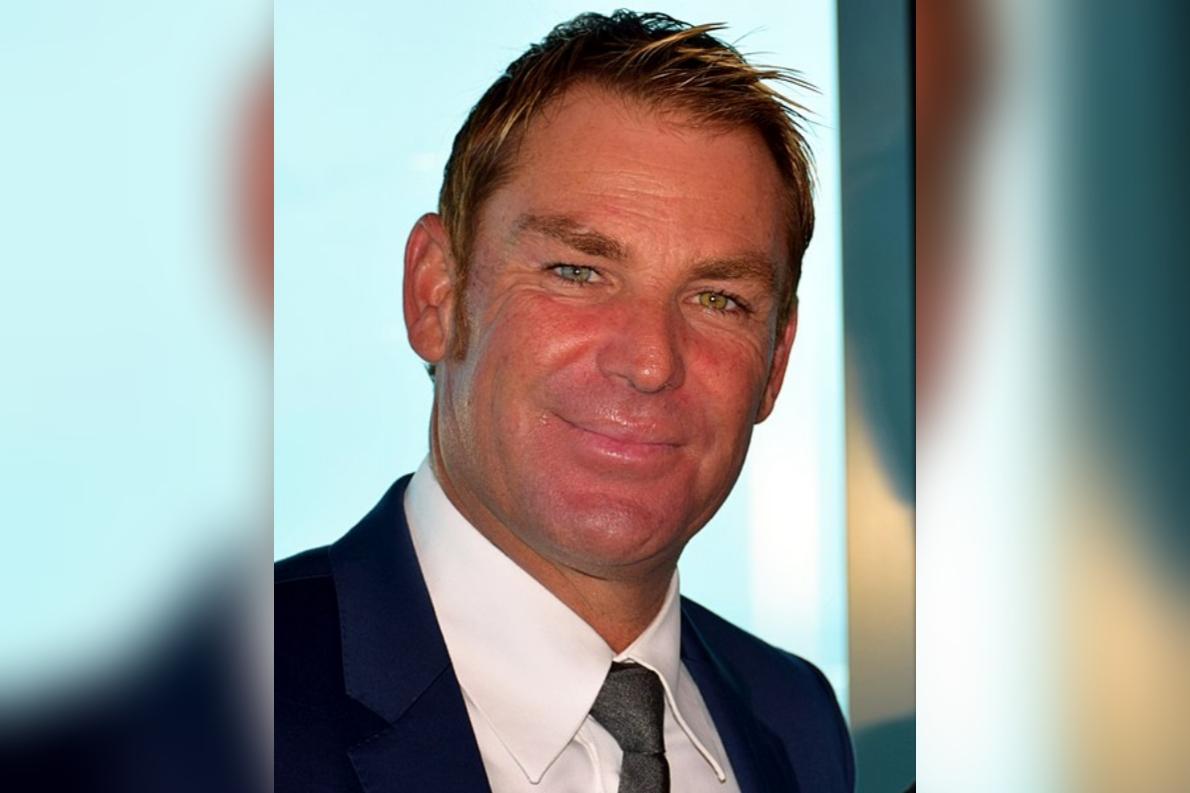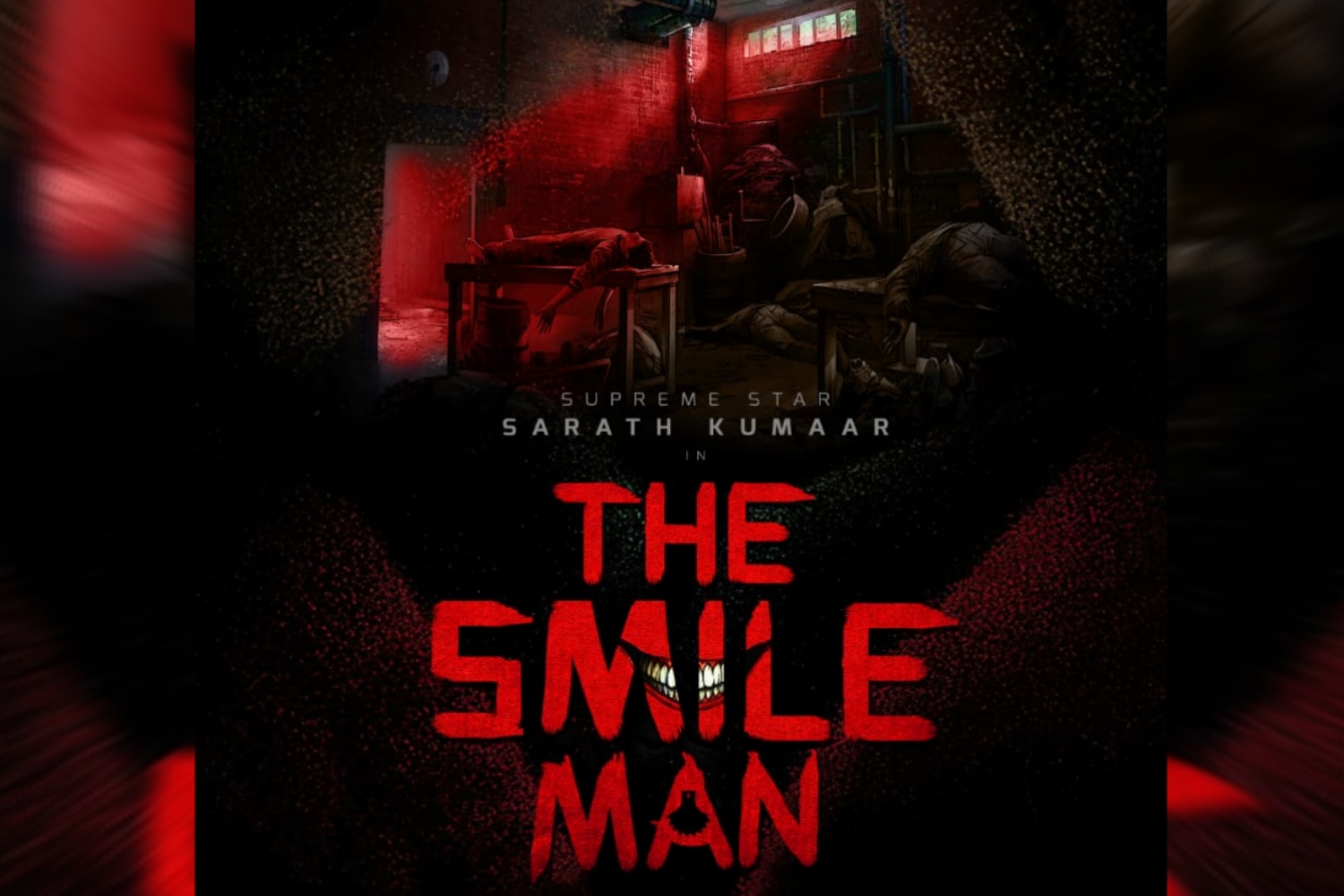Nobody respects or loves Michael Papa, says a young woman, an adopted daughter. “He is just dreaded.” Fear isn’t an undesired quality for characters in gangster dramas. To rule and to sustain the reign, one must probably be dreaded than loved. But Michael, the protagonist of Amal Neerad’s Bheeshma Parvam, a man with a tumultuous past, has seen enough blood and loss to know that the world of crime and violence stinks. The girl’s off-hand remark causes him to sink into quiet introspection. An unlikely show of vulnerability in a star vehicle.
Bheeshma Parvam is timely if not anything else. It comes at a time the world of cinephilia is commemorating the 50th anniversary of Francis Ford Coppola’s The Godfather – one of its two source materials. The more pronounced second reference is Mahabharata, the Indian epic which charts a uniquely intricate family saga, a conflict of interests and ethics within a powerful household.
The story takes a predictable course. Neerad uses his signature stylistic elements, the aural and visual adornments – slow-motion shots, harsh lighting, and electrifying but unreasonably pervasive background scores (Sushin Shyam). In its patchy final hour, the good men make smart moves while the villains wait around. But the flaws do not cancel out the pleasures. Unlike Neerad’s Iyobinte Pusthakam that was crushed by its own weight, Bheeshma Parvam is confident kitsch, a solid guilty pleasure, unafraid of being inter/extratextual, without a larger sociological context, headlined by a glorious Mammootty, who plays Michael.
If Bilal of Big B was the black sheep of his family, Michael is the well-dressed patriarch of the illustrious Anjootti family that lives in a sprawling mansion. His authority stems not just from his status as the eldest of the siblings but from an act of self-sacrifice he committed in his youth – he murdered his father’s killers and served life imprisonment. His devotion to the family can be perplexing. Like Bheeshma, who vowed to protect his family, even by covering up the misdeeds of some of its members, Michael devotes himself to Anjootti, to keep the family together and its name untainted.
Neerad, however, doesn’t want to limit Michael to a family man but expand him into a godfather of the masses, lending him a social consciousness and moral edge over the rest of his family members. In the kangaroo court Michael runs in his home office above a wooden staircase, an uneven chiaroscuro (cinematographer Anend C Chandran) attempts to situate him in the same complex crime universe as Don Vito Corleone. In the opening scene, a birthday celebration is underway on the ground floor while Michael is listening to a case, of a caste-based murder eerily similar to the killing of Kevin. The film carelessly treads the ethics here, exploiting a highly sensational case for a hero-introduction moment. The working class do not appear in the film again until the final scene that, predictably, mirrors the opening scene.
Neerad and his co-writer Devdutt Shaji create a colourful universe around Michael, with characters who bear emotional baggage of different kinds or operate from a dangerous moral vacuum. Dileesh Pothan plays the family’s politician, a Member of Parliament, corrupt and drunk on power, a character developed from the same one-liner as the one Pothan played in Mahesh Narayanan’s Malik. Shine Tom Chacko plays Peter, a character remarkably designed and performed. Neerad gives him a shade of homosexuality, unfair enough, as a pointer to his repressed emotions and dubious personality. Peter, who loves his clothes and shoes, is an insecure man, and a coward who harasses the weak and betrays the patriarch.
A foil to Peter is Ajaz (Soubin Shahir), whom we first meet as a subdued man who takes care of his toddler and cooks fish curry. His trajectory, external and internal, are vividly drawn, punctuated by two deaths that lock him away in a strange destiny. Soubin and Sreenath Bhasi, who plays his brother Amin, get a golden song, Parudeesa, that extends a tribute to Kochi’s erstwhile classic rock band 13 AD.
Neerad carefully maps the human interactions. At a dinner table, after quietly observing the passive domestic violence his niece (Veena Nandakumar) undergoes, Michael asks her, in a tone so soft, if she would like to work as his accountant. The characters are not monotonous but coloured by their relationships and past. Look at how Rajan (Sudev Nair) changes into a little grandson when he is with his grandparents (KPAC Lalitha and Nedumudi Venu in one of their final performances). Michael becomes a young man sans the burden of power when Alice (Anasuya), his old flame and best friend, walks into the frame.
Recommended
The operatic quality of The Godfather and Indian melodramas of a similar theme must not be easy to recreate in an era that has gotten used to naturalistic narratives. In Bheeshma Parvam, Neerad takes to the audience the emotional weight of the situations Michael navigates alongside the delights of mass cinema. Interestingly, there aren’t many stunt setpieces in the film. Michael’s past is etched out in a line – “I have seen a Michael none of you have,” says Mathai (Nisthar Sait), the film’s Dritharashtra to his vile sons – supported by a majestic silhouette. Mammootty, who is now 70, does not need to perform acrobatics to express his stardom. He gets gorgeous close-ups, towering low-angle slow-motion shots, and succinct dialogue, local and universal at once, further enhanced by the star’s iconic flair for rendering them. Bheeshma Parvam is Mammootty acing a different kind of local mass cinema, one that respects not just his past but his present, where his frailties become as inspired as his strengths.
*****
This Bheeshma Parvam review is a Silverscreen original article. It was not paid for or commissioned by anyone associated with the movie. Silverscreen.in and its writers do not have any commercial relationship with movies that are reviewed on the site.



